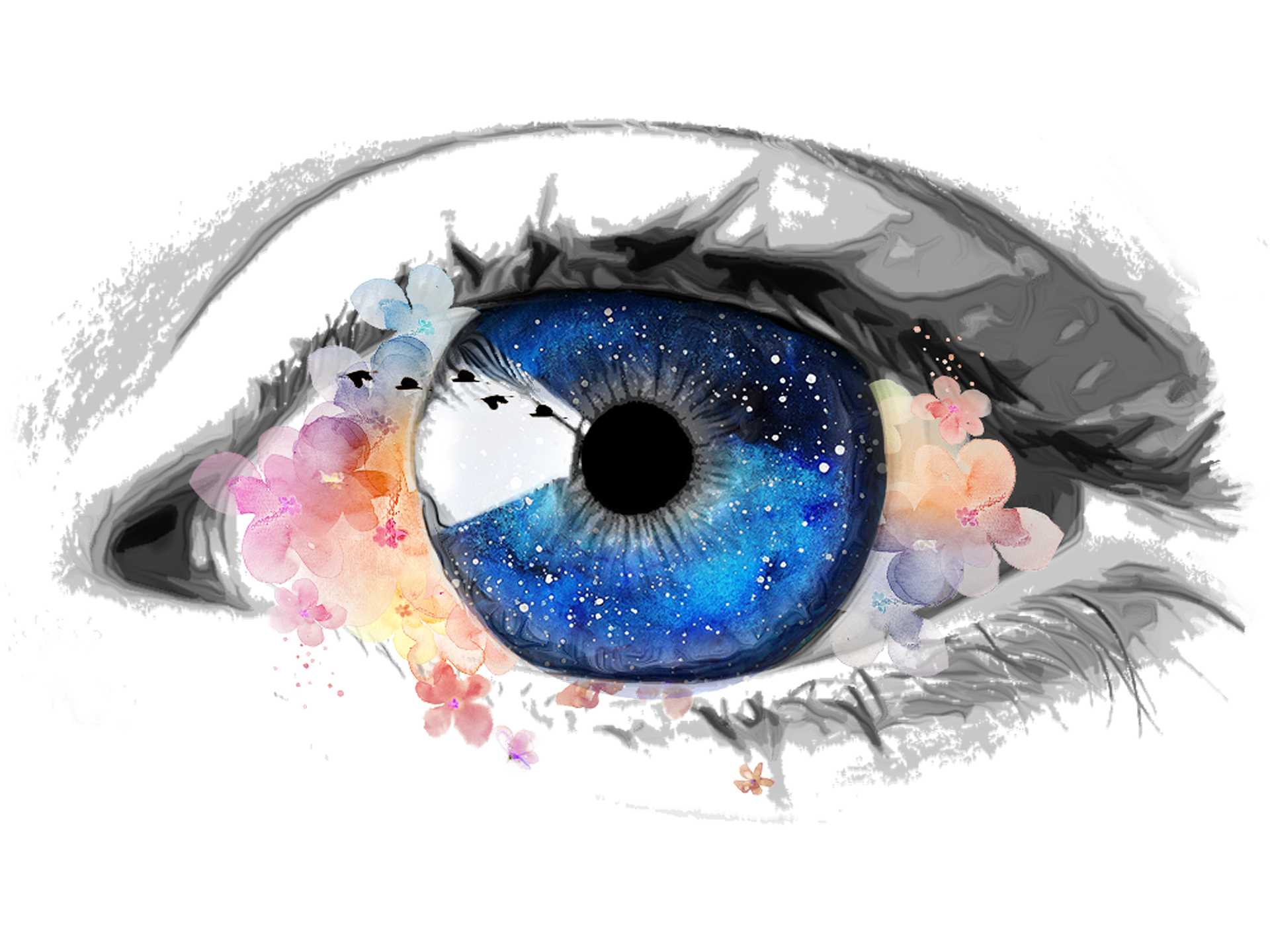
Retina Services
Dr. Brian Keel, Dr. Matthew Reed, and Dr. Connor Ericksen are Retina specialists who provide the full spectrum of eye care for conditions affecting the back of the eye. Below are three of the most common conditions they treat.
Diabetic Retinopathy
Years of uncontrolled blood sugar in patients with diabetes can lead to permanent vision loss. Early stages of diabetic retinopathy are termed non-proliferative. Advanced stages of diabetic retinopathy are termed proliferative. Central swelling of the retina can occur at any stage and will result in blurred vision. Treatment for diabetic retinopathy consists of eye injections and laser, and in advanced cases, surgery.
Age-related macular degeneration
Macular degeneration can be divided into two types: dry and wet. Dry macular degeneration tends to have a slowly progressive course. Unfortunately, there is not a whole lot of treatment options for the dry kind, other than a specific formulation of vitamins (AREDS) that has been shown to slow it down. Wet macular degeneration can lead to rapid vision loss in a matter of weeks. Treatment consists of chronic eye injections. Patients with dry macular degeneration can progress to wet macular degeneration, and it is important to quickly recognize when this happens, so that treatment can be initiated before the retina scars down and the vision loss becomes permanent.
Retinal Tears and detachments
The retina is like a wallpaper for the back of the eye. It must remain attached in order for you to see. The back of the eye has a jelly-like fluid called the vitreous. As people age, sometimes the vitreous pulls on the retina too hard and causes it to tear. Symptoms include new-onset flashes and floaters in one eye. Fluid can then get under the tear and peel the retina off, at which point it becomes a detachment. Retinal tears can be spot-welded in place using laser treatment to help prevent progression to a detachment. Retinal detachments require surgical repair.
